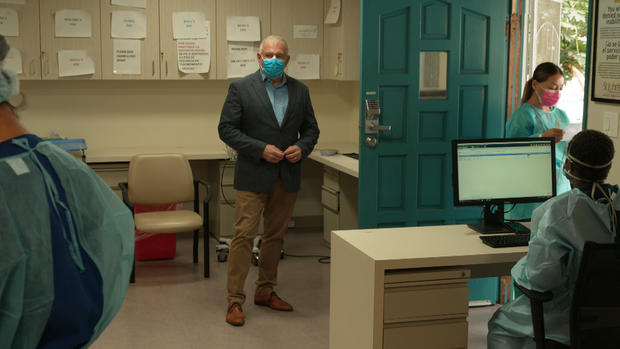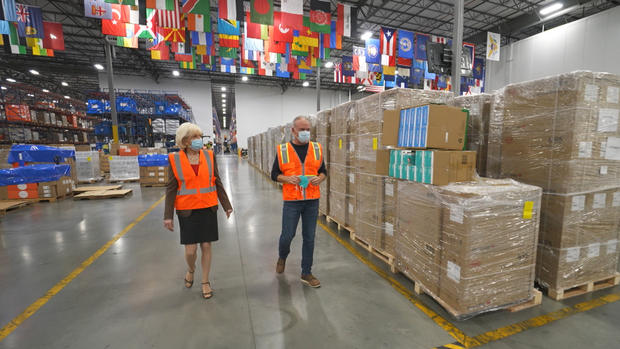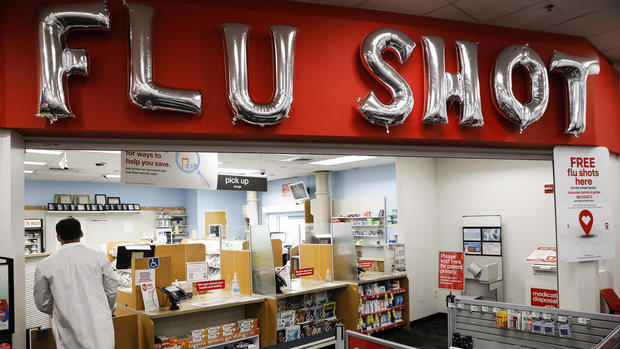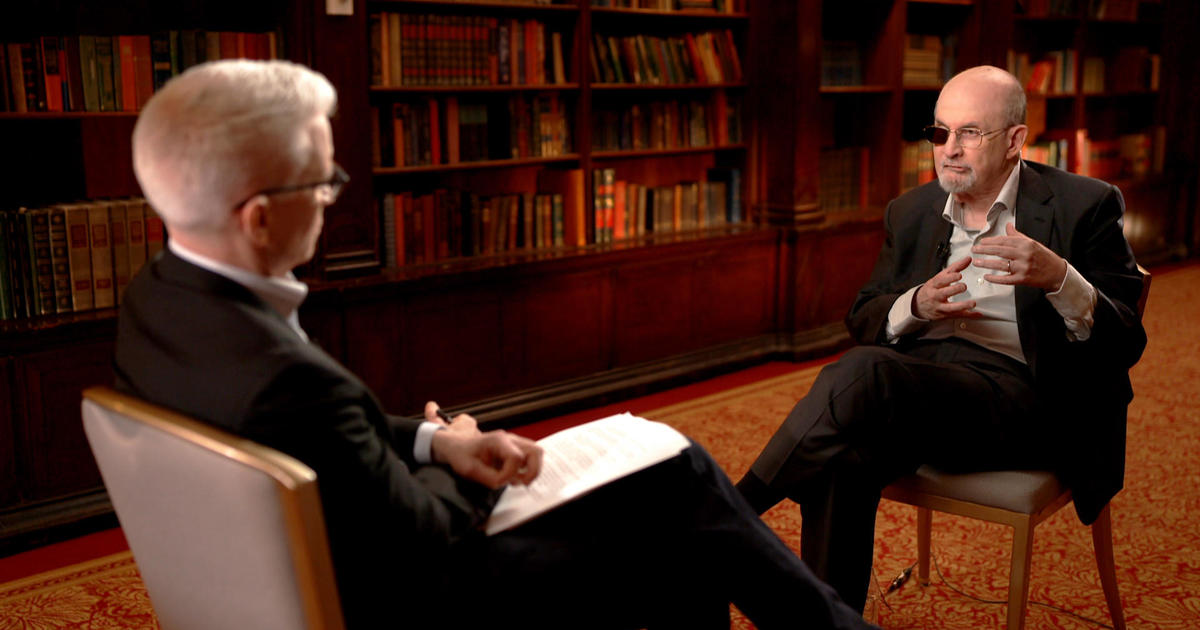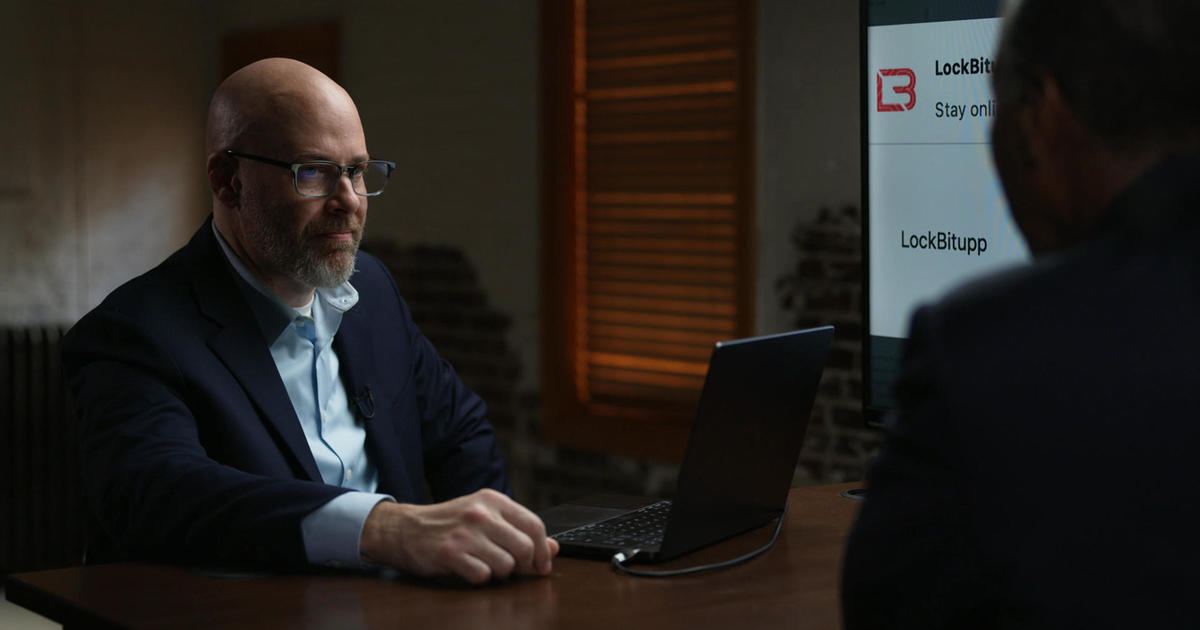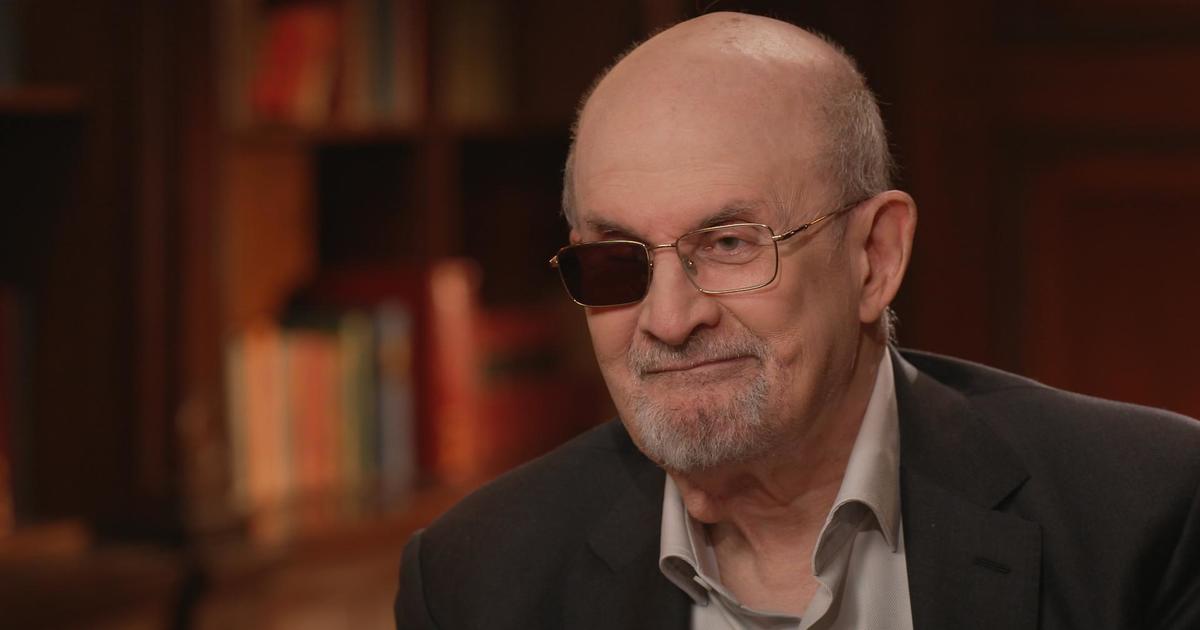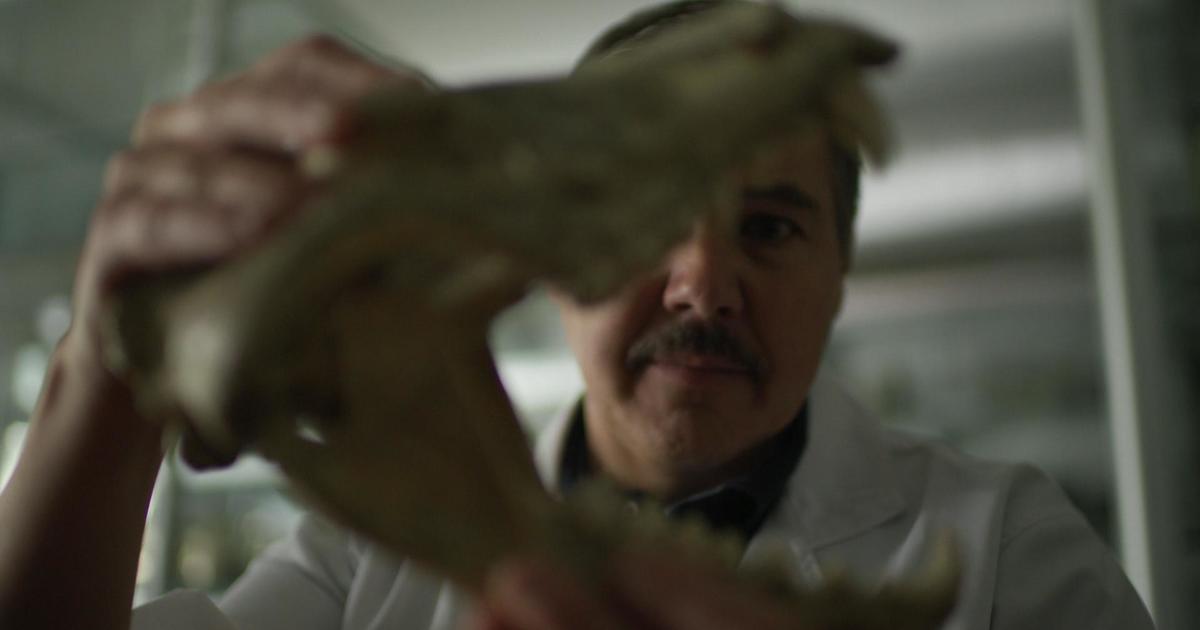U.S. faces nitrile glove shortage ahead of national COVID-19 vaccination effort
In hospitals, medical clinics, and doctor's offices across America the need for personal protective equipment, or PPE, has not waned since the start of the coronavirus pandemic.
Requisite items including N95 respirators, gowns, and nitrile gloves have seen dramatic price increases since March as demand surged and supply levels lagged. A result of the raging COVID-19 pandemic.
The increased global demand for PPE led to a flood of entrepreneurs entering the marketplace with little experience. This week on 60 Minutes, correspondent Lesley Stahl and producer Shachar Bar-On reported on a sector dominated by Chinese manufacturing and some of the new U.S.-based companies leveraging their connections abroad.
"What we learned is the shortages in the PPE supply chain are not just a matter of production, although that exists as well, it's a matter of pricing," Bar-On told 60 Minutes Overtime. "The problem is those who can't afford it. You got small sheriff's departments, first responders, neighborhood clinics and they are really reliant on a secondary market where there are already mark-ups in prices or they have to do without."
Increased prices for essential PPE products are impacting the bottom-line for community-based health clinics like St. John's Well Child and Family Center in Southern Los Angeles. CEO Jim Mangia said it operates on a $90 million annual budget.
"A gown [was] $0.30 before the pandemic, now [it is] $9.30," said Mangia. "The price gouging was just unbelievable."
St. John's is a network of nearly two dozen clinics that serves low-income communities. Mangia told 60 Minutes St. John's was competing with large hospitals and state governments at the beginning of the pandemic. He said medical gloves in particular are in short supply.
Thomas Tighe, the CEO of Direct Relief, a humanitarian aid organization that says it is the largest provider of charitable medicines and PPE in the world, echoed Mangia's warning.
"Gloves feels like masks did several months ago," Tighe told 60 Minutes. "I think, as that spike in demand has increased, the supply availability is not there, prices have gone up.
In a November report to Congressional committees, the U.S. Government Accountability Office affirmed Mangia and Tighe's concerns about a shortage of gloves. The report found the national stockpile of gloves dropped from 16.9 million in December 2019 to 2 million in October 2020.
The glove shortage comes as Operation Warp Speed, the national effort to provide a COVID-19 vaccine to every American, is preparing to distribute 600 million doses should the Food and Drug Administration authorize emergency use.
In addition to the vaccine, the federal government said it will provide healthcare workers administering the vaccine with an ancillary supply kit that includes needles, syringes, alcohol prep pads, surgical masks and face shields. The kit does not include medical gloves.
A representative for Operation Warp Speed did not respond to several inquiries from 60 Minutes Overtime about why gloves are not included in the ancillary kit.
The latest guidance from the Centers for Disease Control and Prevention states that the "Occupational Safety and Health Administration (OSHA) regulations have not typically required gloves to be worn when administering vaccines unless the person administering the vaccine is likely to come in contact with potentially infectious body fluids or has open lesions on the hands. In the setting of the COVID-19 pandemic, gloves should be worn when administering intranasal or oral vaccines." The CDC notes that if gloves are worn while administering a vaccine the healthcare worker should change them between each patient and observe proper hand-washing hygiene.
"Pre-Covid, normal immunization practices were gloves are not required because the amount of blood or bloodily fluid is pretty minimal, but you can always go up higher from what the recommendation is and many clinics chose to wear gloves," said Patsy Stinchfield a pediatric nurse practitioner and senior director of infection prevention and control, at Children's Minnesota, a pediatric hospital system located in St. Paul and Minneapolis, Minnesota.
Stinchfield said, "Nurses at Children's Minnesota elect to wear gloves when vaccinating children." 60 Minutes Overtime found this practice to be common in a variety of healthcare settings from clinics to hospitals to pharmacies, despite it not being required by any federal law or regulation.
CVS Pharmacy is the largest drugstore chain in the country. CVS company policy is for its healthcare workers to wear gloves while administering vaccines. In addition to the nearly 20 million people the company expects to inoculate with the flu vaccine this year, CVS is also working with Operation Warp Speed to administer COVID-19 vaccines, another indicator of the expected increased demand for medical-grade gloves in the coming months.
Gloves that are just as needed at St. John's in Southern Los Angeles. CEO Jim Mangia told 60 Minutes his clinics are stockpiling them. Mangia said that without a plan from the federal government he fears St. John's community health clinics will once again be in a bidding war with larger hospitals and states for essential PPE that is still in short supply.
The video above was produced by Keith Zubrow and Sarah Shafer Prediger. It was edited by Sarah Shafer Prediger.
